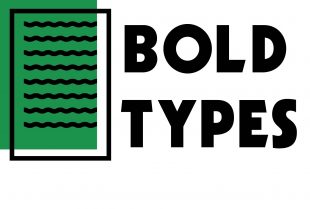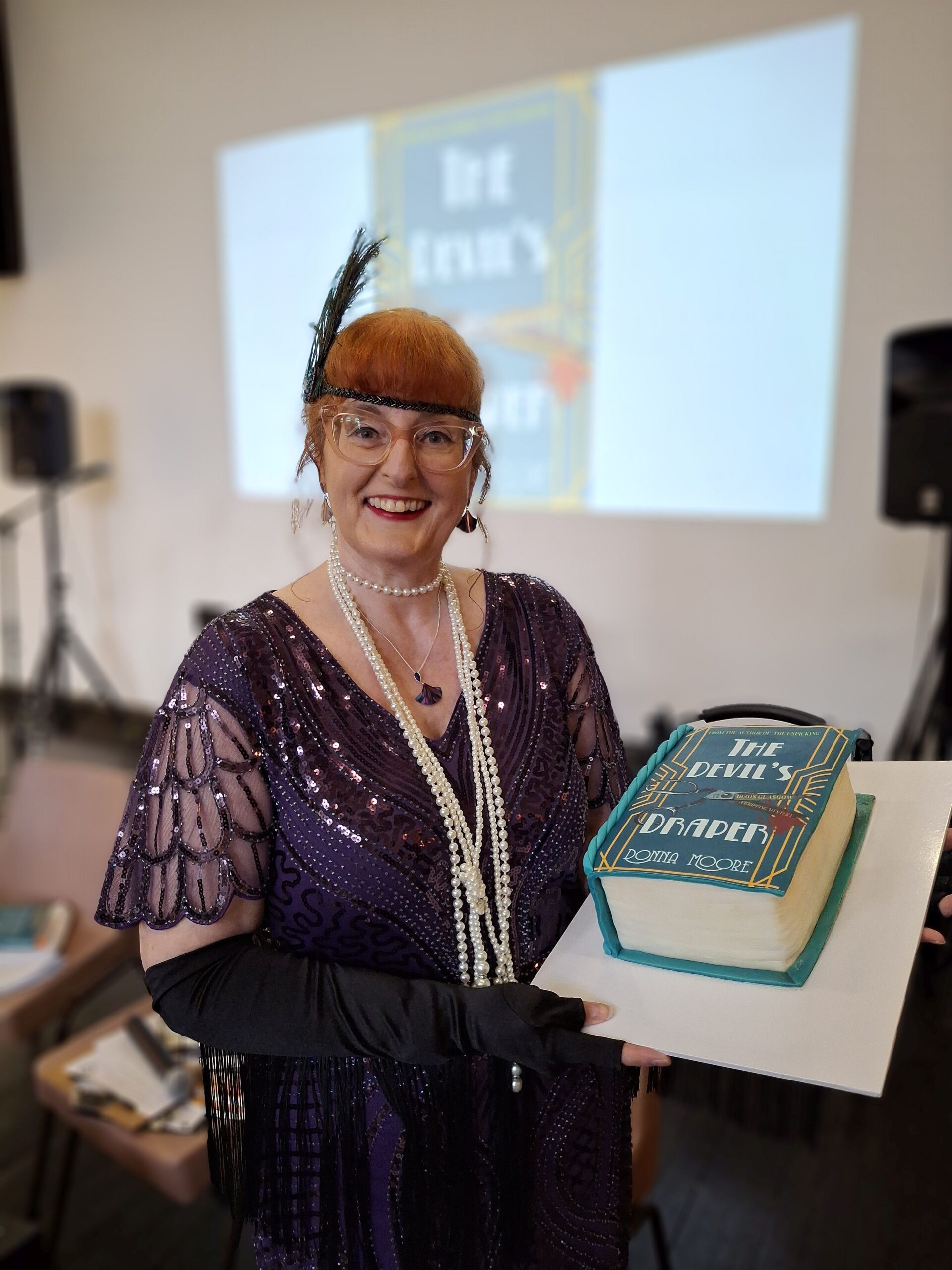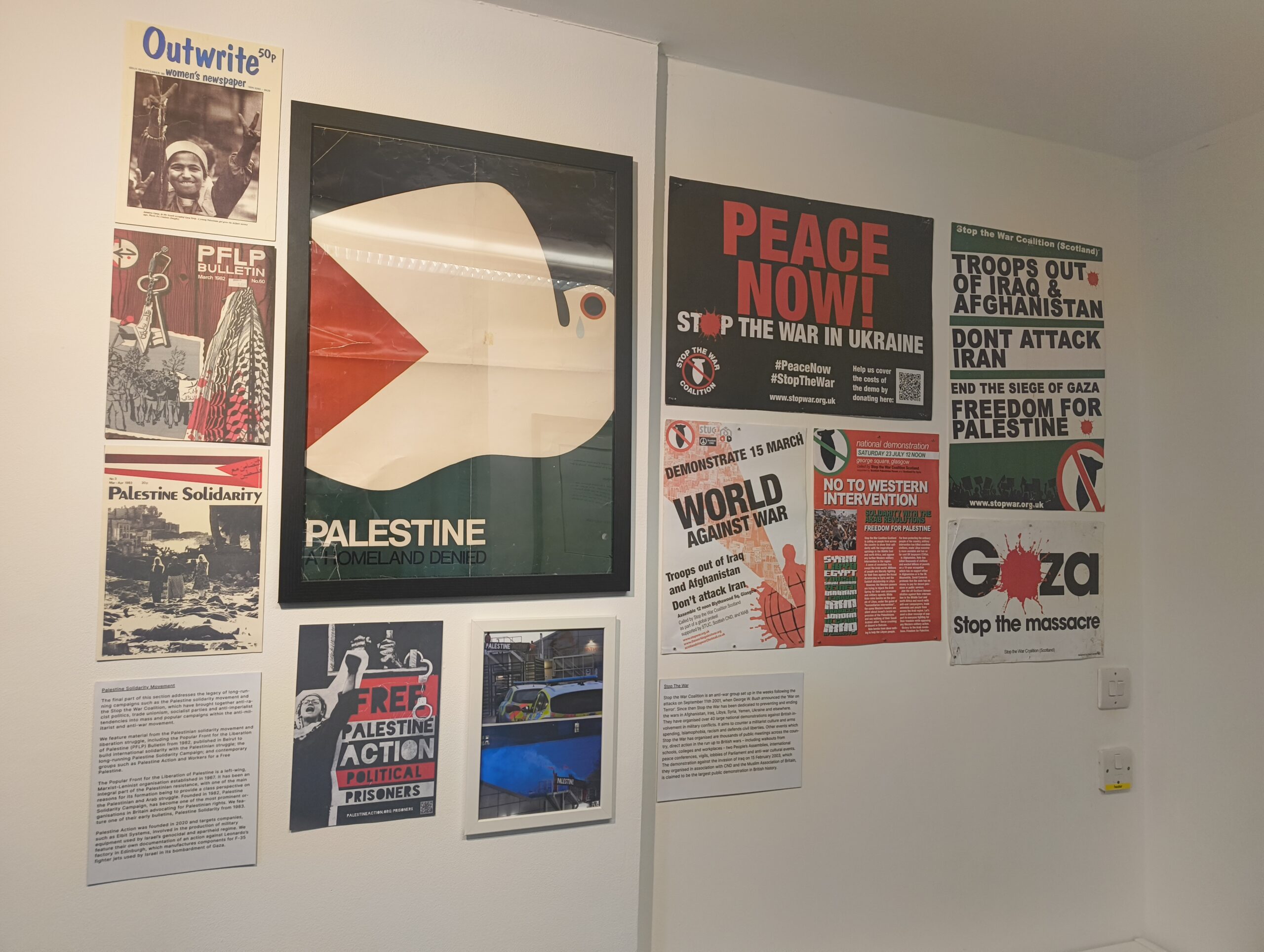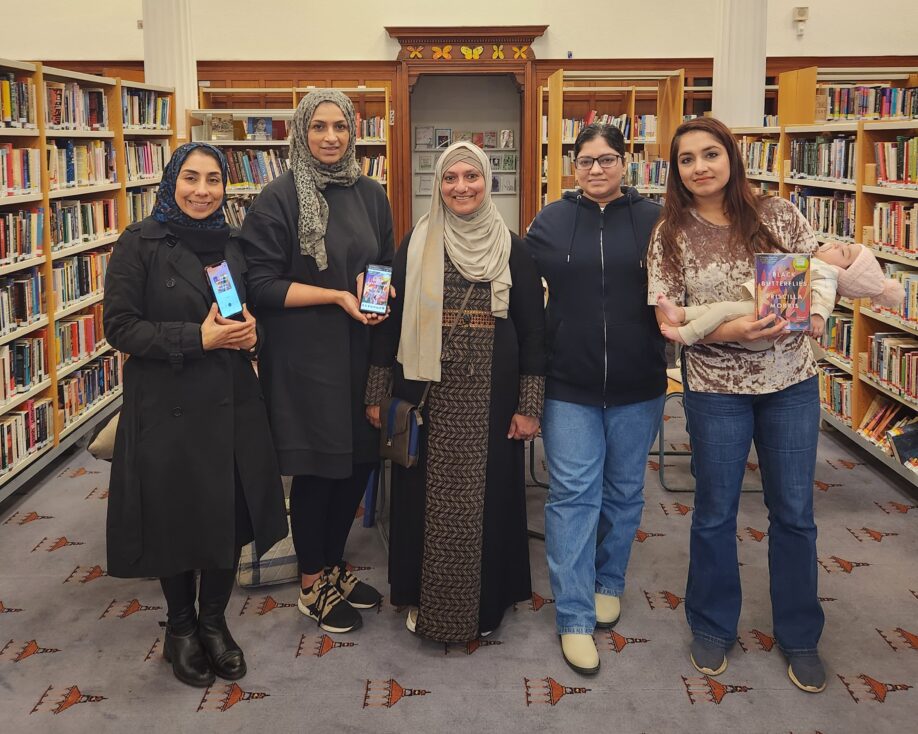
Unlocking
Sometimes it’s hard to imagine the future. When she thinks about her life before, she thinks about letting the world slide by, always thinking about tomorrow. So many nights cut short and days lost, all because she was waiting for something better the next day. The last one she remembers comes to mind as a blur of sound and sensation; bodies swirling on the dancefloor and the smell of alcohol and sweat in her nose. She closes her eyes to see the flashing of a disco ball on painted walls and the feel of her friend’s hand on her arm, motioning to the bar. At the time as she made her goodbyes, she thought there’s always tomorrow. And now? Where is tomorrow? If she tries to hold it in her mind instead, she sees the burning fires in the forests and jungles, the heavy slick of oil on water choking wildlife, and the sterile surfaces between you and everyone you love.
When you learn about major world events, you understand things in the before and in the after. There is never much mention of what it’s like to be in the in-between; a purgatory with no clue which direction you’ll fall. Each morning she wakes to her alarm, showers and gets dressed before making coffee in the flask she bought for her commute. She walks around the streets of her home, approximating the distance she once walked to work before turning on her heel at the mid-point to return home. Back home, she puts the coffee flask in the sink and makes her way to her desk which also now happens to be inside her lounge. She could go days without speaking, she thinks.
Sometimes it’s hard to concentrate. It itches away at her and soon the weight of clicking ‘send’ on an email has become so much harder to lift than ever before. She misses hating the commute, the banality of it all because at least then she could see something coming next. Some days it was of moving on and up in her job, getting enough money to stop giving all her income to her landlord, maybe getting a dog or another cat or a fish and perhaps also an expensive jumper that had to be dry-cleaned. Something about that world seemed so fixed, so certain – if she could only get there, take the step into that future, then everything would be permanent.
She tries to get out more, to see the vast green of the hills stretching up into the sky, so solid and inmoving; majestic in their stillness and certainty. She doesn’t like hillwalking in the traditional sense, finding no gain in the summit, but she likes to be near the hills. It reminds her that there must have been someone before who felt this way. Even better, she likes to let her body sink into the cold water of a loch, swimming around it while watching those hills from within the silver water.
One day at the loch she found a piece of flint, carefully shaped into an arrowhead by human hands like hers (perhaps) 4,000 years ago. She recognises it because of a documentary she watched when she was a student, and she picks it out of a hundred other pieces of stone and rock, the edges still sharp to touch. It makes her think about what the future looked like to the prehistoric person that crafted it, and how they could never have known that she would find it here today and hold it in the warm flesh of her palm, thinking about them. She wonders what marks she has left on the world, beyond the mountains of contributions to landfill (a friend told her last week that sanitary towels take 800 years to decompose and she keeps thinking about it, like worrying at a loose tooth). Are there parts of her life that will one day wash up on the shore of a loch to be held by the hands of someone living in a world unrecognisable to her?
Faith is a word that she has played around with in her mind a lot these last few months. What is it to trust, and believe that there will be something more? She isn’t sure, but she has found, since finding the arrowhead, that thinking about the reliability of what has gone before means that she can start to see a path ahead into what is to come. She remembers her grandmother, how scared she was of having a telephone because she didn’t understand how it worked, and the idea that someone could simply ring you was a shocking intrusion into the safe shell of her home. She got used to it though, she even had WiFi in the end. When thinking about her grandmother she still pictures her dressed smart, walking down the road to make a phone call, holding the black handle of a telephone in a phone box close to her mouth to speak.
Things change.
The flint arrowhead sits on her windowsill, and that night she dreams of ghosts – the people who lived here before her walking round and round the rooms of her small tenement, their footsteps wearing down the floorboards and the touch of their hands on the walls leaving marks like silver. She thinks for a moment upon waking that she could peel back the carpets and see the traces, like snail threads in the morning sun, but of course she knows it’s not that simple. She is their future, she lives in a world they looked towards, maybe even dreamt of. She thinks about the next person who will lie here and dream, and the next after that. She finds she is starting to believe, despite the melting icecaps, the forest fires and the viruses that there will be someone next and that maybe she will find a path into what is next.
by Mel Reeve
—
All text appears as provided by the author.






